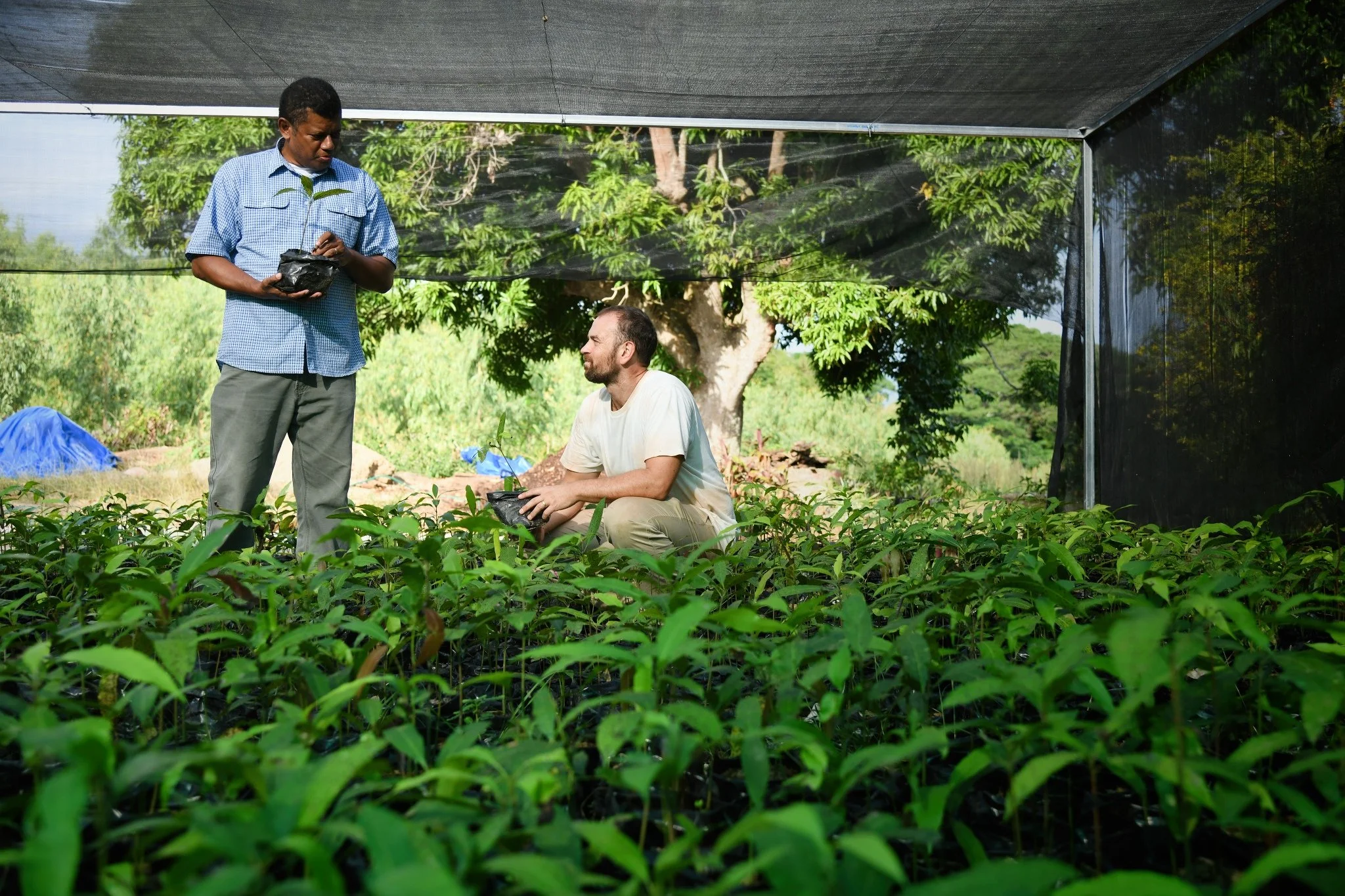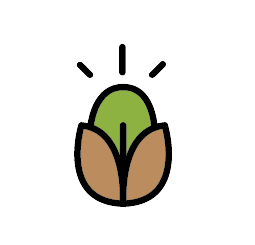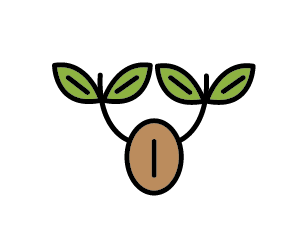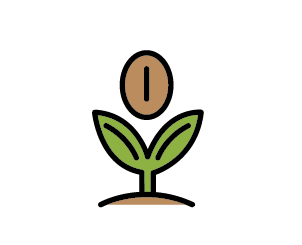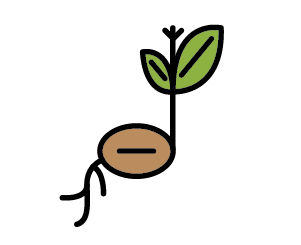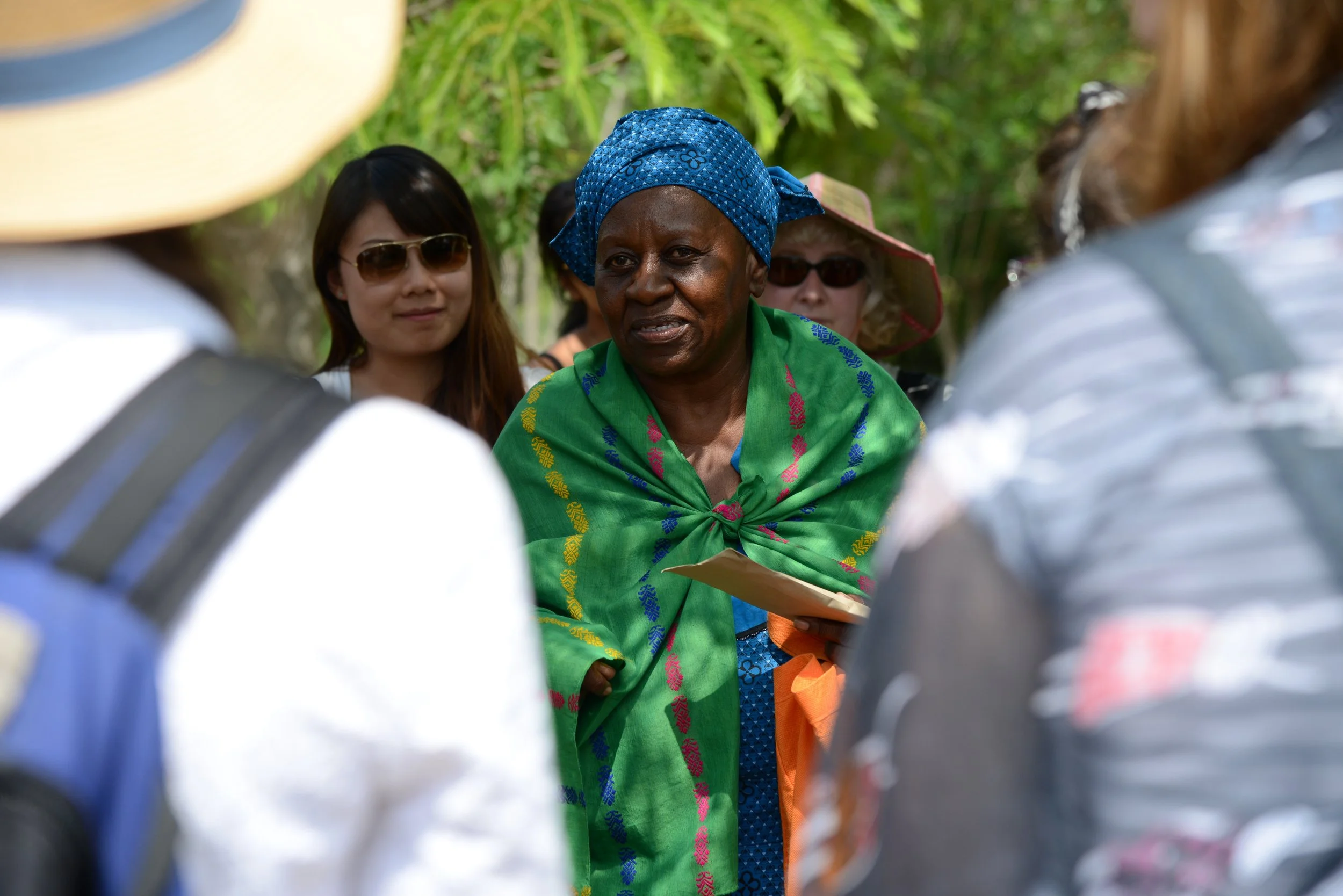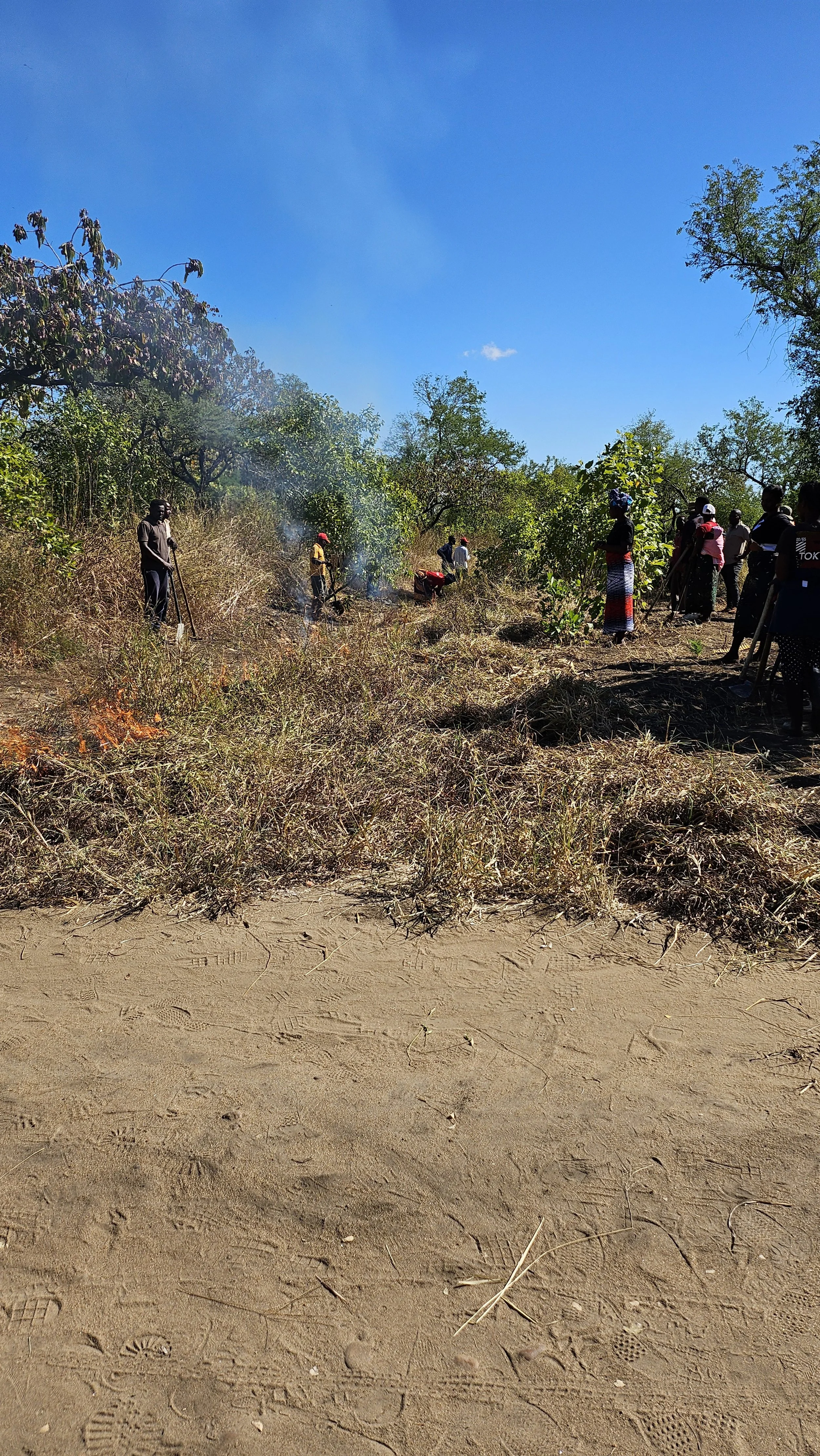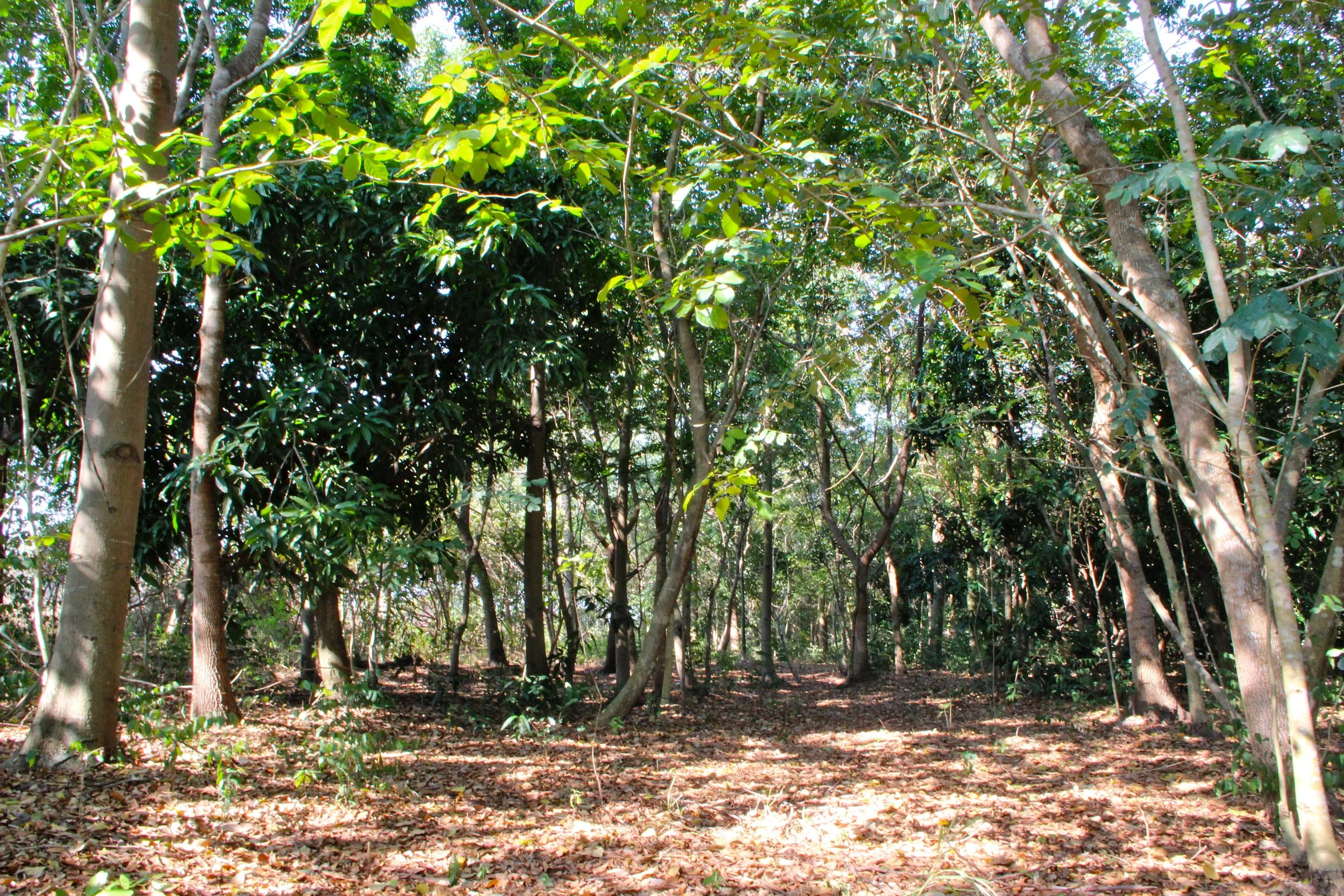About us
Founded in 2016, Reseed Indico builds on three decades of experience in field-based teaching, community engagement, and research in ecological and regional sustainability. We focus on community-centred learning and knowledge-sharing projects that build climate resilience, improve social wellbeing, and create resources for prosperous livelihoods.
Reseed Indico grew out of a long-running field-study program in regional sustainability in South Africa. This program connected university students with local organisations, NGOs, and government agencies, allowing them to learn directly from community-led efforts to create healthy and resilient environments. Building on this foundation, Reseed Indico was established as a not-for-profit organisation to develop ecological and climate resilience initiatives across the Indian Ocean region.
Partnering with like-minded organisations, we deliver impact through initiatives like the Kukumuty project in Mozambique. This collaborative initiative brings together local communities, partners, and ecological experts to enrich the Miombo woodlands and build resilient food systems.
Principles
Grounded Knowledge
Recognise and build on the contextual knowledge developed within local communities to ensure relevant and meaningful solutions.
Mutual Learning
Engage with communities through attentive listening and respectful knowledge exchange, fostering collaboration and shared understanding.
Reflective Practice
Pursue solutions to local problems through approaches and methods based on adaptive iterations.
Intelligent Action
Develop plans and projects that help communities to achieve climate resilience, social well-being, and sustainable prosperity.
What we do
-
We view agroforestry as a tool for rural communities to build climate resilience, strengthen livelihoods, and increase food security.
-
We build on local and indigenous systems of rural livelihood practices and technologies, which adapt and evolve in response to changing climate, environmental, and socio-political conditions.
-
We adopt a mosaic approach to managing local ecological resources and landscapes, developing community-led strategies that combine natural regeneration, sustainable harvesting of woodland resources.
-
We promote gender equity and inclusivity by engaging diverse community members, partners, and team members in project design, committee structures, resource allocation, financial reporting, and social investments.


